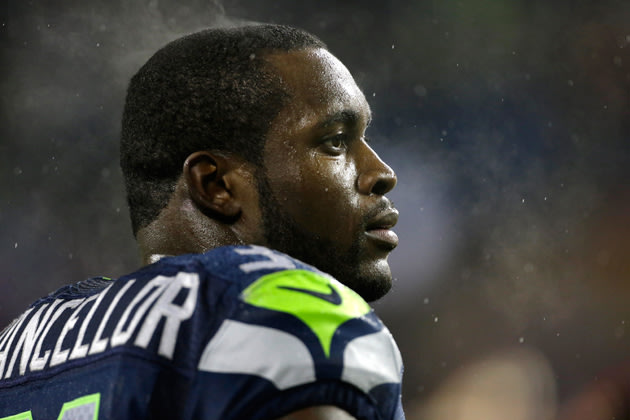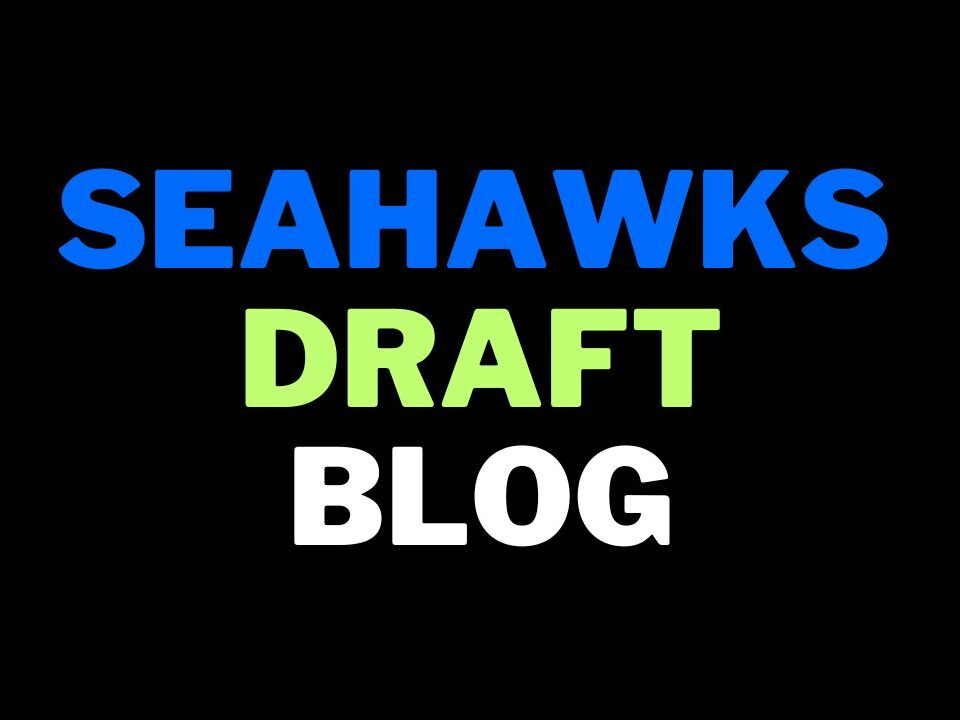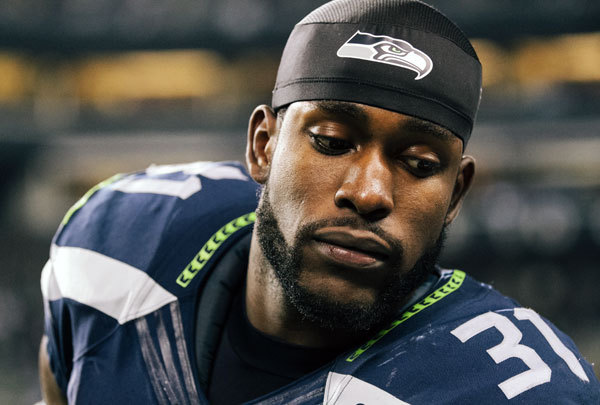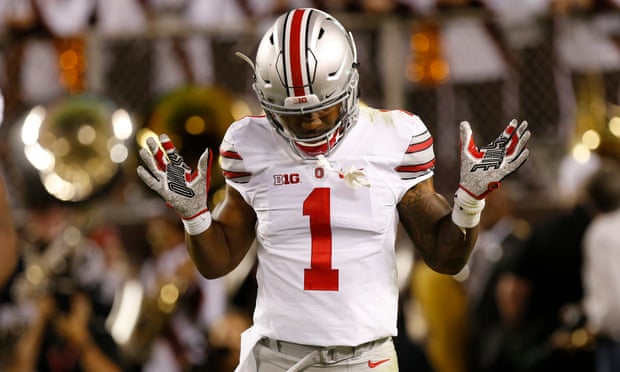
Kam Chancellor’s hold-out shows no signs of ending, as he prepares to sit out the Green Bay game
On August 27th we discussed the likelihood of Kam Chancellor’s hold-out lasting beyond week two. The only possible leverage he can muster is if the Seahawks start 0-2 and panic.
Both sides are digging their heels in and it’s unlikely two road defeats will force Seattle’s hand. They also know the money Chancellor owes in fines is starting to stack up. Having gone this far, the Seahawks aren’t going to be the ones to budge.
So it’s up to Chancellor. Clearly Ray Lewis’ strong words (re-tweeted by Chancellor on his Twitter timeline) haven’t pulled at the heart strings. So what might he consider if Seattle does lose in Green Bay this week?
— Potentially he could return knowing the Seahawks are at home in three of the next four games and have an opportunity to go on a winning streak. He’d probably have to pay some or most of the fines accumulated so far, but he might feel his negotiating position is strengthened for another tilt at an improved contract in the off-season. If he can point to 0-2 without him and a four game winning streak on his return, he might think this was all worth it if a new deal is signed in the spring.
— He could also continue to hold-out in the hope Seattle continues to lose and feels obliged to act as pressure increases to get Chancellor back in the team. It’s fanciful to think the Seahawks would capitulate even in the worst case scenario of an unexpected prolonged losing streak. Stranger things have happened though — and this team won’t want a wasted season right in the middle of a Championship window.
If there’s no progress after the Green Bay game — suddenly those phone calls over a trade might actually warrant a longer response than a firm “no”. Eventually they have to be able to move on from this. It can’t dominate every press conference and every analysis of every defensive performance or defeat.
As much as the Seahawks want Chancellor in their line-up — they also can’t have this shadow cast over the 2015 season.
Would it be giving in to the player to deal him? Not really. The Seahawks need to send a message. Either you want to be here or you don’t.
There are other teams, sure. But there are very few facilities like the VMAC, very few coaches like Pete Carroll and very few home-field advantages like Century Link.
More importantly, there are very few teams with the talent to make back-to-back Super Bowls — and get there again in the future.
Look at the New England Patriots. How did Deion Branch’s hold-out end up? He went from Super Bowl MVP catching passes from Tom Brady to the last throngs of the Mike Holmgren era in Seattle, struggling to make an impact.
Sometimes the grass isn’t always greener, even for a few more bucks.
The Pats have to be used as an example here. They’ve consistently known when to move on. Branch in 2006, Richard Seymour in 2009, Randy Moss in 2010. Chancellor is much more important to Seattle than any of those players were to New England at the respective times they were traded. But what use is Chancellor to the Seahawks if he’s refusing to play — eating $250,000 a week in the process?
If there’s a fear trading Chancellor will encourage further unrest — bring it on. Build the team around those who genuinely want to be in Seattle. There are plenty of players who will come and play for this team.
The Seahawks would inherit a significant dead money charge for dealing Chancellor but they’d be taking the hit in 2015. That’s workable if not ideal. At what point has any of this saga been ideal for either party?
I doubt either the Seahawks or Chancellor want it to come to this — but eventually the team has to do what is best for them. Just as Chancellor feels this lingering hold-out is in his best interests.
If a team calls offering a 2016 first round pick — do you start considering a deal with no sign of a breakthrough? It’d be a hefty price for a strong safety — yet Chancellor’s stock is growing and will continue to grow if the defense struggles without him.
For that reason a parting of ways might be one or two weeks away unless a compromise can be reached. If an 0-2 start doesn’t act as a catalyst to compromise, what will?




